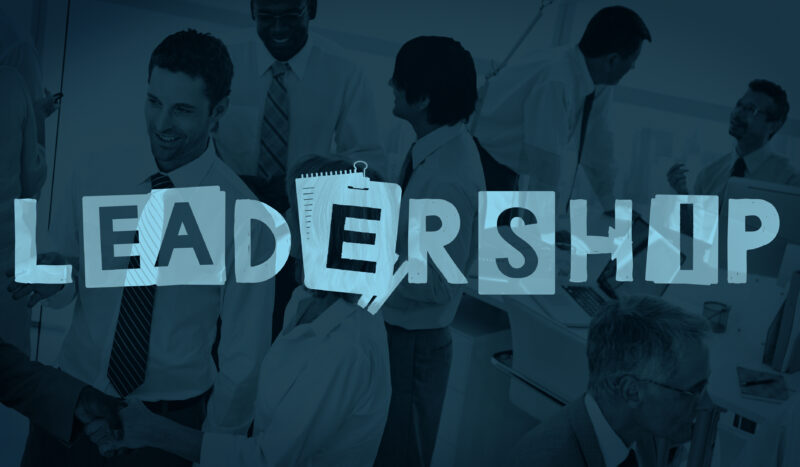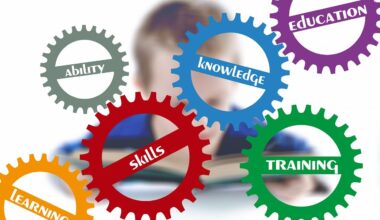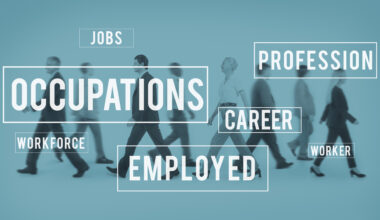The Future of Leadership Is Human: How Empathy Builds High-Performing Teams
Introduction: The future of Leaderleship is human In today’s fast-changing workplace, leadership isn’t just about results—it’s about people. Human-centered leadership is no longer a “nice-to-have.” It’s a strategic necessity.
In this post, you’ll discover:
- What human-centered leadership means
- Why empathy drives performance in 2025
- Real examples of empathy in action
- A proven leadership framework you can implement today
Let’s dive into how leading with empathy helps build trust, reduce turnover, and create competitive advantage.
What Is Human-Centered Leadership?
Definition:
Human-centered leadership is an approach that puts people first, focusing on emotional intelligence, psychological safety, and well-being—without sacrificing performance.
Real Example:
At the height of the COVID-19 pandemic, a senior executive at a global finance firm started every team meeting by asking, “How are you, really?”
That simple question opened the door to vulnerability and transparency.
One team member was caring for a sick relative, another was burned out. Deadlines were adjusted, support was provided—and guess what?
They hit all their performance targets
Experienced zero turnover
Saw a boost in engagement and trust
That’s human-centered leadership in action. In 2025, as burnout and disengagement rise, this approach isn’t optional—it’s essential.
Why Human-Centered Leadership Is More Important Than Ever in 2025
According to the 2024 Deloitte Global Human Capital Trends Report, only 43% of workers believe their employer has made them “better off.” This shows a major gap between leadership intent and employee experience.
What workers want today:
- Mental health support
- Psychological safety
- Flexibility and work-life balance
- Purpose and meaning at work
Empathetic leadership addresses all of these, boosting performance by building a culture where people feel seen, heard, and valued.
Key Traits of Human-Centered Leaders
Human-centered leadership isn’t about being “soft.” It’s about being smart—and emotionally intelligent.
1. Emotional Intelligence (EQ)
Empathetic leaders manage emotions, read the room, and adapt communication styles. Especially in hybrid and remote settings, EQ is a game-changer.
2. Psychological Safety
When employees feel safe, they speak up, admit mistakes, and share new ideas. This fuels creativity, innovation, and growth.
3. Empathy & Curiosity
Human-centered leaders ask: “What am I not seeing?” They welcome diverse views and eliminate echo chambers.
4. Coaching Over Commanding
Great leaders don’t just give orders—they coach. This empowers team members to grow and solve problems independently.
Case Study: Ginni Rometty’s Leadership at IBM
When Ginni Rometty became CEO of IBM, the company faced a massive tech shift. Her solution?
- Invest in retraining employees
- Promote coaching culture
- Champion flexibility and well-being
Results:
IBM embraced AI and cloud innovation, improved employee engagement, and fostered a learning-driven culture. Rometty proved that empathy is a leadership strategy.
Benefits of Human-Centered Leadership
Why empathy pays off:
- Higher engagement: Employees go the extra mile when they feel valued
- Lower burnout: Safer environments reduce stress
- Better retention: Gallup reports 43% less turnover in high-engagement teams
- More innovation: Open cultures spark new ideas
- Increased profitability: Disengagement costs global businesses $8.8 trillion annually
Empathy also enhances your employer brand—a key factor in attracting top talent, especially Millennials and Gen Z.
A Proven Framework for Human-Centered Leadership
Implement empathy at every level:
1. Self-Leadership
- Reflect on your values and leadership style
- Journal, meditate, or seek coaching
- Practice mindfulness to stay emotionally present
2. Team Leadership
- Foster open communication and feedback
- Encourage emotional check-ins
- Celebrate personal and team wins
- Normalize discussing failure and lessons learned
3. Organizational Leadership
- Offer mental health resources and flexible work
- Make learning and development accessible
- Recognize empathy as a core leadership competency
- Align culture with mission and values
How to Sustain Empathy in Leadership
Leadership with empathy must be a consistent practice.
Tools & Ideas:
- Use anonymous team check-ins and feedback apps
- Run quarterly pulse surveys on well-being
- Track emotional health alongside performance
- Provide leadership coaching and peer-learning circles
Tip: Measure what matters. If you’re only tracking output, you’re missing half the story.
Phrases That Create Culture
Empathetic language builds trust fast.
Examples to use:
“How are you, really?”
“Let’s figure this out together.”
“What support would help you right now?”
These phrases turn everyday conversations into moments of connection and trust.
Prompts to Implement Human-Centered Leadership
Daily & Weekly Rituals:
- Start meetings with well-being check-ins
- Invite storytelling and reflection
- Use emotional pulse surveys
- Create peer-sharing and coaching circles
- Reward and recognize empathetic actions
Your Empathy-Driven Leadership Roadmap
Ask yourself:
- What are my blind spots as a leader?
- Do I create space for honest feedback?
- How do I model empathy in everyday moments?
- Is well-being tracked and acted on at my company?
- Does our leadership system reflect human-first values?
Empathy isn’t weakness—it’s wisdom.
When you lead with heart and strategy, you build teams that thrive.
Empathy Is the Competitive Edge in 2025
In a world of rapid change, one truth stands strong:
The future of leadership is deeply human.
Empathy fuels resilience, fosters innovation, and strengthens retention. When leaders lead with humanity, they don’t just improve results—they build legacies.
Here are the outbound links that will guide you to improve your leadership and help you to build beyond.
| Section | Anchor Text | Link | Purpose |
|---|---|---|---|
| Human-Centered Leadership Definition | Emotional Intelligence (EQ) | https://hbr.org/2013/04/emotional-intelligence | Supports definition of EQ in leadership |
| Why It Matters in 2025 | 2024 Deloitte Global Human Capital Trends Report | https://www2.deloitte.com/global/en/pages/about-deloitte/articles/global-human-capital-trends.html | Backs up statistical reference |
| Key Traits of Human-Centered Leaders | Psychological Safety at Work | https://rework.withgoogle.com/print/guides/5721312655835136/ | Reinforces importance of psychological safety |
| Case Study: IBM | Ginni Rometty’s Leadership at IBM | https://www.ibm.com/blogs/think/2019/10/ginni-rometty-leadership-lessons/ | Adds credibility to case study |
| Benefits of Human-Centered Leadership | Gallup Employee Engagement Insights | https://www.gallup.com/workplace/236441/employee-engagement-drives-growth.aspx | Supports data on retention and performance |
| Framework Section | Mindful Leadership Practices | https://greatergood.berkeley.edu/topic/mindfulness/definition | Deepens context on self-leadership and mindfulness |
| Sustaining Empathy in Leadership | Leadership Coaching Tools | https://www.centerforcreativeleadership.org/ | Provides external resources on leadership development |
| Language That Creates Culture | Empathy in Workplace Communication | https://www.forbes.com/sites/forbeshumanresourcescouncil/2022/02/03/why-empathy-matters-in-the-workplace/?sh=3d845f66775d | Reinforces emotional language and trust building |
| Final Thoughts | Future of Leadership Trends | https://www.weforum.org/agenda/2024/01/the-leadership-skills-you-need-in-2025/ | Expands on future leadership context |
conclusion: Lead with Empathy, Win with People
In today’s evolving workplace, The Future of Leadership Is Human, results alone are no longer the measure of great leadership—relationships are. Human-centered leadership isn’t about being soft; it’s about being smart, strategic, and sustainable.
By putting empathy at the heart of your leadership, you unlock more than just productivity. You cultivate loyalty, spark innovation, and build teams that thrive—even in uncertainty.
The Future of Leadership Is Human, In 2025 and beyond, leaders who listen deeply, lead authentically, and act with purpose won’t just survive change—they’ll lead it.
Remember:
Empathy builds trust. Trust builds teams. And teams build the future.
So ask yourself: How human is your leadership?
Now is the time to lead with heart—and leave a legacy that lasts.






